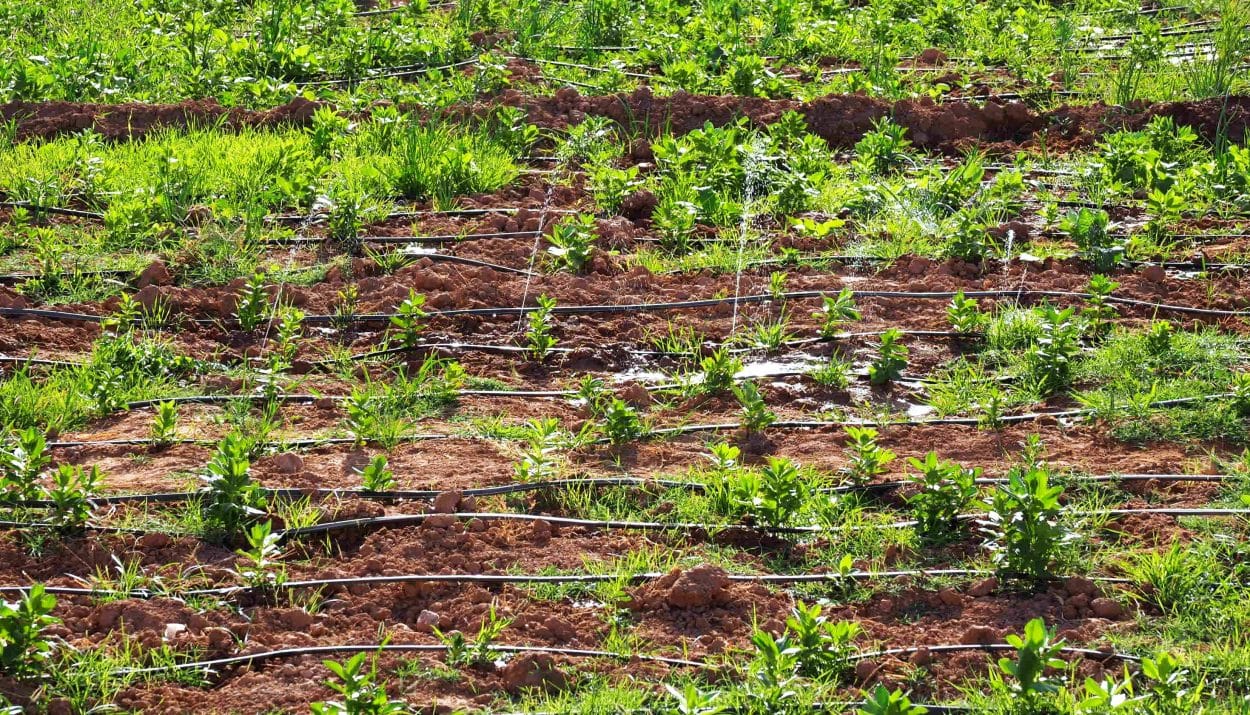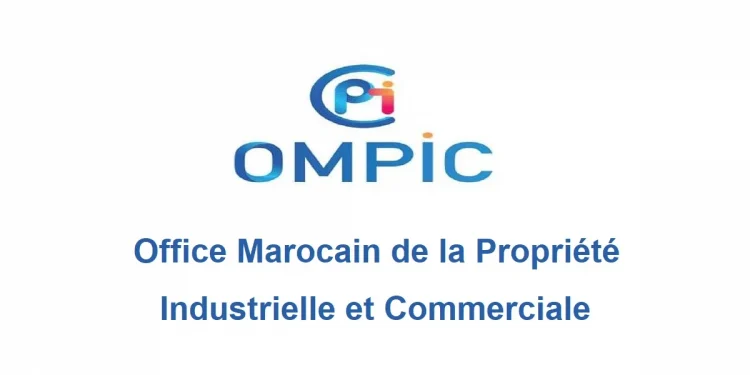During COP16 in Riyadh, the Malian diaspora demonstrated how innovative investments, such as those by Ciwara Capital, are revolutionizing agriculture and strengthening climate resilience in Mali.
Relying on the resources of the diaspora, they address food insecurity, create jobs, and promote economic stability. These initiatives serve as a model for sustainable development for other African countries.
According to Magaye Gaye, an international economics consultant, projects driven by diasporas can help bridge Africa's financing gaps in climate-sensitive sectors. Key questions remain: how can international support intensify these efforts, and what policies stemming from COP16 could strengthen agricultural investments in unstable regions?
Urban agriculture is transforming food security in Nairobi.
As Africa's urban population is expected to reach 1.5 billion people by 2050, feeding these expanding cities poses a major challenge. In Nairobi, urban agriculture has emerged as a significant change, transforming unused spaces into sustainable food production hubs.
These farms not only provide fresh and affordable produce but also create jobs and reduce reliance on costly imports. This innovative solution helps Nairobi households combat food insecurity and adapt to the challenges of urbanization.
The rise of tourism in Morocco and the road to 2030
Morocco is experiencing a tourism boom, with a 31% increase in the number of visitors in November. This growth is driven by the country's cultural sites, improved connectivity, and the influence of its diaspora.
Morocco's strategic focus on showcasing its rich heritage and iconic destinations has positioned it as a key hub of global tourism. With preparations underway to host the 2030 FIFA World Cup, Morocco is solidifying its status as a top destination for international visitors.
Source of the article: africanews






